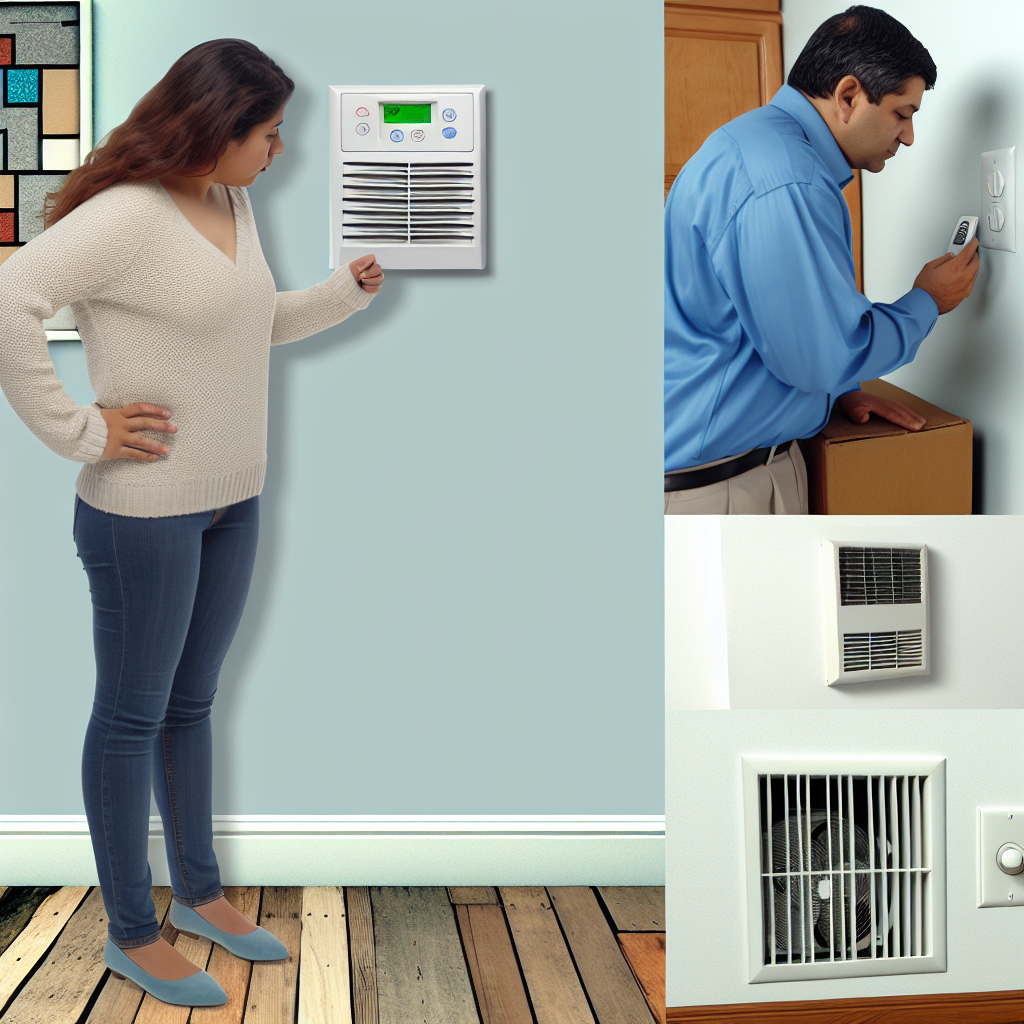Published: Mar 19, 2025

Heating, ventilation, and air conditioning (HVAC) systems are vital for maintaining indoor comfort throughout the year. However, improper use or neglect of your HVAC system can lead to inefficiency, higher energy bills, and potential breakdowns. In this blog post, we will discuss some common mistakes to avoid when using your HVAC system to ensure its optimal performance and longevity.
One of the most common mistakes homeowners make is neglecting to regularly change the air filters in their HVAC system. Dirty and clogged filters restrict airflow, making the system work harder to heat or cool your home. This not only reduces efficiency but can also lead to overheating and system failure. To prevent such issues, it is recommended to check the air filters every month and replace them at least every 90 days, or more frequently if you have pets or allergies.
Blocking vents or registers in your home may seem like a good way to direct airflow to specific areas, but it can actually disrupt the balance of your HVAC system. When vents are blocked, air pressure increases in the ducts, leading to reduced airflow and strain on the system. Make sure all vents and registers are unobstructed to allow for proper air circulation throughout your home.
Many homeowners only call for HVAC service when there is a noticeable issue with their system, neglecting regular maintenance in the process. Professional maintenance is essential for keeping your HVAC system running efficiently and reliably. A certified technician can inspect the system, clean vital components, check for any issues, and ensure everything is functioning properly. Scheduling annual maintenance can help identify and address potential problems before they escalate into costly repairs.
Setting the thermostat to extreme temperatures can put unnecessary strain on your HVAC system. During the winter, avoid cranking up the heat too high, as it won't warm your home any faster and will only lead to energy wastage. Similarly, in the summer, setting the thermostat too low can overwork your air conditioner. Find a comfortable temperature and stick to it to prevent excessive wear and tear on your HVAC system.
Proper insulation and sealing of drafts are crucial for maintaining the efficiency of your HVAC system. Poor insulation can result in heat loss during the winter and heat gain during the summer, forcing your HVAC system to work harder to maintain the desired temperature. Inspect your home for drafts around windows, doors, and other openings, and ensure adequate insulation in attics and crawl spaces to reduce the workload on your HVAC system.
Humidity plays a significant role in maintaining indoor comfort levels. High humidity can make a room feel warmer than it actually is, causing you to lower the thermostat and increasing energy consumption. Conversely, low humidity can lead to dry air, which can be uncomfortable and affect your respiratory health. Invest in a humidifier or dehumidifier to balance humidity levels and reduce the strain on your HVAC system.

Our expert technicians are ready to assist you 24/7!
Contact Us Today!Read our latest articles for helpful information about heating, cooling, and air quality.
Regular HVAC maintenance is essential for improving energy efficiency, extending the lifespan of your system, enhancing...
Read MoreImplement these 10 tips to enhance the air quality in your home, promoting a healthier living environment for you and y...
Read MoreRegular seasonal HVAC maintenance is essential for maximizing system efficiency, ensuring indoor air quality, preventing...
Read MoreSmart thermostats offer energy savings, convenience, learning capabilities, and integration with smart home systems, mak...
Read More